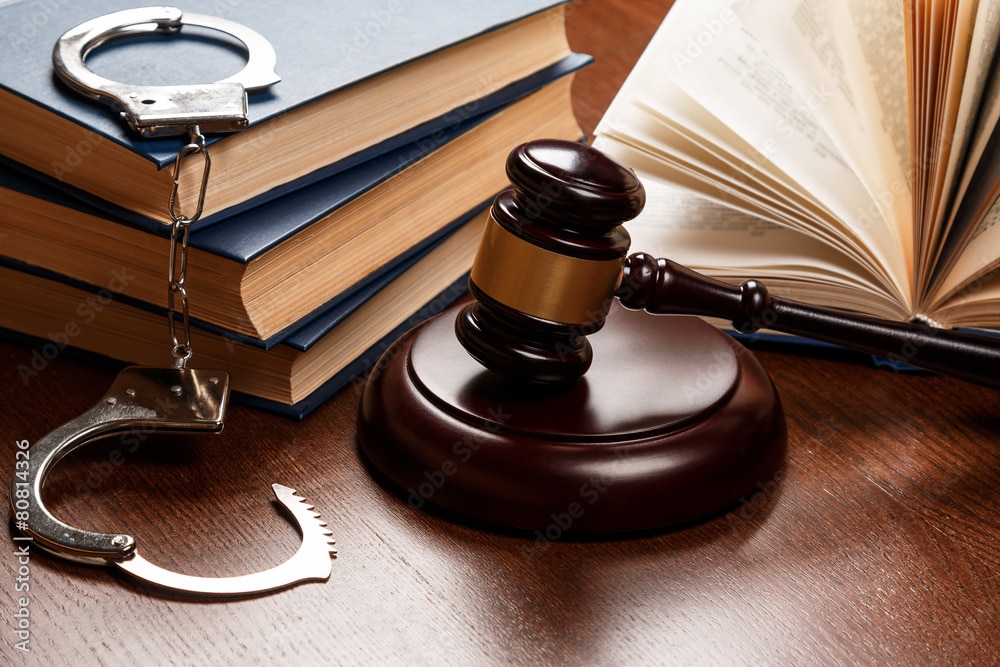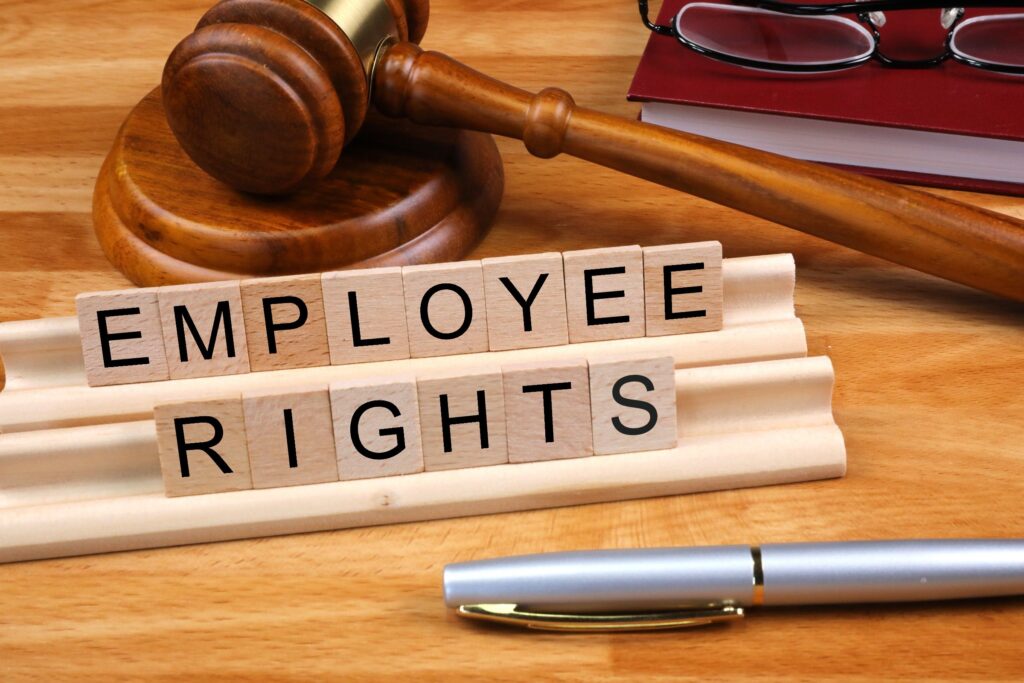When you rent out a property, you don’t just hand over the keys and wait for the rent check. One of the most important parts of being a good landlord is staying on top of repairs and maintenance. Whether you own a single-family home, an apartment, or an entire complex, understanding your responsibilities is crucial for keeping your property in top condition, avoiding legal trouble, and keeping your tenants satisfied.
Let’s break down what landlords need to know about repairs, tenant requests, and legal obligations, so you can manage your rental like a pro.
Why Landlords Must Take Repairs Seriously
Keeping a rental property safe and livable goes beyond making a good impression. Tenants have rights, and landlords have legal, financial, and ethical reasons to provide necessary repairs.
Ignoring problems can lead to more expensive damage, unhappy tenants, or even lawsuits. A well-maintained property protects your investment and helps you attract and retain responsible tenants.
The Legal Side: What the Law Says About Landlord Repairs
Duty to Maintain Habitability
Most countries have laws requiring landlords to maintain rental properties in a safe, livable, and sanitary condition—this is often called the “warranty of habitability.” This legal concept means:
- Electrical, plumbing, and heating systems must work properly.
- The property should be free from leaks, mold, and pests.
- Doors, windows, and locks should be secure.
- Smoke detectors, carbon monoxide alarms, and other safety devices must function.
In many Tier 1 countries like the United States, the United Kingdom, Canada, and Australia, specific statutes outline these obligations. Failing to meet them can give tenants the right to withhold rent, repair and deduct, or even terminate the lease early.
Local Regulations and Standards
You must follow national, state, and local building codes. Keep up with inspections, meet safety standards, and obtain necessary certificates for things like gas, electricity, and fire safety.
Types of Repairs Landlords Must Handle
Knowing which repairs you’re responsible for helps avoid confusion and disputes.
Essential Repairs
- Heating, plumbing, and hot water supply
- Electrical wiring and outlets
- Roof leaks and structural damage
- Broken locks or doors
- Infestations of rodents or insects
General Maintenance
- Gutter cleaning
- Maintaining common areas (halls, stairs, gardens)
- Exterior paint and weatherproofing
- Lawn and yard upkeep (unless stated otherwise in the lease)
Emergency Repairs
Situations that affect health or safety—like burst pipes, broken boilers in winter, gas leaks, or sewage backups—must be handled immediately. Most laws require landlords to address emergency repairs within 24 to 48 hours.
What’s Not a Landlord’s Responsibility?
While landlords handle most repairs, some issues fall to tenants—especially when caused by misuse or neglect.
Examples include:
- Replacing light bulbs
- Clearing clogged drains from misuse
- Damage caused by tenant or their guests
- Basic cleaning
However, it’s smart to specify these responsibilities clearly in your lease agreement.
How Should Tenants Report Repairs?
Tenants should report issues in writing—email, app, or even a text message—to create a record. Many landlords use property management software for tracking. Responding promptly to these requests is not just good customer service under the law, it can protect you from future disputes.
Landlord’s Right to Access for Repairs
While tenants have privacy rights, landlords can enter a rental unit to make repairs, usually with 24–48 hours’ notice (except in emergencies). Check your local laws for exact guidelines.
The Process of Handling Repairs
1. Receive and Acknowledge Requests
Respond promptly. Let your tenants know you’ve received their repair request and are taking action.
2. Investigate the Problem
If you can’t diagnose the issue remotely, schedule a time to inspect the problem.
3. Arrange for Repairs
You can handle small repairs yourself, but licensed professionals should fix major problems involving plumbing, electricity, gas, or structural issues.
4. Follow Up
Check that repairs were completed satisfactorily. Tenants should confirm the problem is resolved.
Preventative Maintenance: The Landlord’s Secret Weapon
Taking action before things break will save you time, money, and hassle. Schedule regular inspections for HVAC, plumbing, roofs, and pest control. Replace aging appliances and fix small issues before they become big headaches.
Preventative maintenance also keeps you compliant with insurance and legal obligations.
Tenant’s Right to Repair and Deduct
In many places, if a landlord fails to address urgent repairs within a reasonable time, tenants may:
- Pay for repairs and deduct the cost from their rent (with receipts)
- Notify local authorities or housing agencies
- Terminate the lease if the property is no longer habitable
This underscores why timely, effective action is so important for landlords.
Common Mistakes Landlords Make—and How to Avoid Them
- Ignoring small repairs: These can become big, costly issues if left unattended.
- Failing to communicate: Tenants appreciate updates and clear timelines.
- Not keeping records: Always document repair requests, actions taken, and communications.
- Not understanding local laws: Stay current with regulations where your rental is located.
How to Build a Positive Landlord-Tenant Relationship
A good relationship with your tenants starts with trust. When you handle repairs promptly, communicate clearly, and invest in your property’s upkeep, you show tenants that you care about their well-being. Happy tenants are more likely to pay rent on time, stay longer, and take better care of your property.
Repairs in Furnished Rentals
If you provide furnishings, it’s your responsibility to repair or replace broken furniture, appliances, or other items included in the rental agreement. Specify what’s covered in your lease.
Insurance and Repairs
Landlord insurance can help cover repair costs after major damage—like fire, flood, or storm. Review your policy, know what’s included, and make sure your coverage is up to date.
Tenants should have their own renter’s insurance for their belongings—your insurance won’t cover tenant property.
FAQs: Landlord Repair Responsibilities
How quickly must I make repairs?
- Immediately for emergencies (within 24–48 hours)
- Within a “reasonable time” (usually 7–14 days) for non-emergencies
Can a tenant refuse entry for repairs?
- Tenants can request reasonable scheduling, but can’t refuse access if given proper notice for legitimate repairs.
What happens if I violate repair obligations?
- You could face legal actions, fines, rent reductions, or an order to make repairs.
Conclusion: Stay Proactive and Compliant
Landlord responsibilities for repairs are more than a box to check—they’re your key to successful, stress-free rental management. Keeping tenants comfortable and safe protects your property’s value and prevents costly legal trouble. Be proactive, communicate well, and always know your local repair laws.
Being a responsive landlord is the best way to protect your investment and build trust with tenants.
Ready to make your rental property a place tenants are happy to call home? Stay on top of repairs, invest in preventative maintenance, and set yourself apart as a standout landlord. Don’t wait for problems—start building good habits today!






